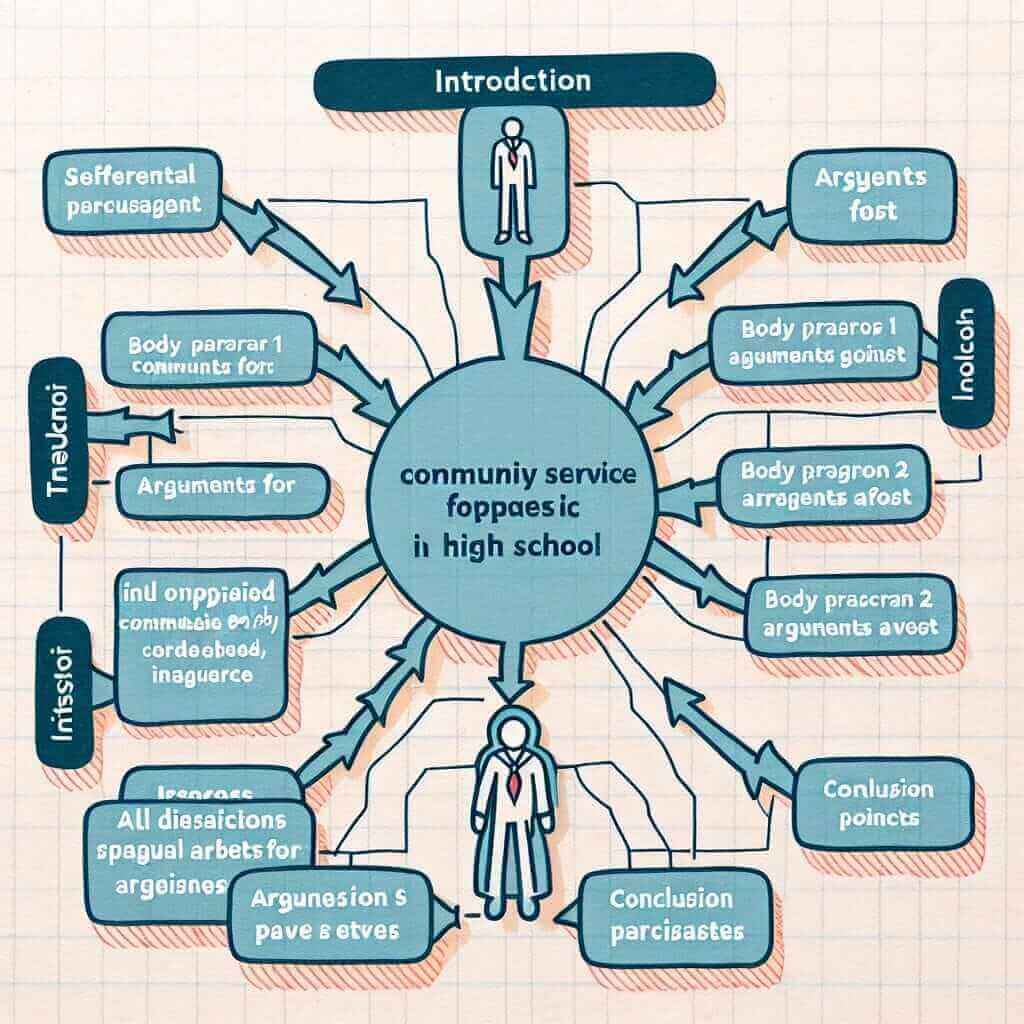Understanding and analyzing IELTS Writing Task 2 topics effectively is crucial for anyone preparing for the IELTS exam. This task tests your ability to express and support an opinion, discuss complex issues, or describe problems and solutions. Let’s delve into the essential strategies for dissecting these topics and provide detailed insights into every step of the process.
Understanding the Topic
Deciphering the Question Types
The first step in analyzing an IELTS Writing Task 2 topic is to identify the question type. Common types include:
- Opinion (Agree or Disagree):
- Example: To what extent do you agree or disagree with the statement?
- Discussion (Discuss both views and give your opinion):
- Example: Discuss both views and give your opinion.
- Problem-Solution:
- Example: What are the problems associated with this, and what measures can be taken?
- Advantages and Disadvantages:
- Example: Do the advantages outweigh the disadvantages?
- Two-part Question:
- Example: What is your opinion on…? Do you think…?
Example Analysis:
Topic: “Some people believe that unpaid community service should be a compulsory part of high school programs (for example, working for a charity, improving the neighborhood or teaching sports to younger children). To what extent do you agree or disagree?”
This is an Opinion (Agree or Disagree) question, where you need to present and justify your stance.
Identifying Keywords and Rephrasing
Once you know the question type, identify and underline the key terms in the prompt. Rephrasing these keywords is a good practice to ensure you fully comprehend the question and avoid repetition in your essay.
Example:
- Keywords: unpaid community service, compulsory, high school programs, charity, neighborhood, teaching sports.
- Rephrased: Mandatory volunteer work, secondary education curriculum, charitable activities, local area improvement, coaching sports.
Analyzing the Details of the Topic
Delve deeper into what is being asked. Understand the topic specifics and any given examples. Make sure to consider the wider implications of the topic.
Example Analysis:
- Topic specifics: Should community service be mandatory for high school students?
- Given examples: charity, improving the neighborhood, teaching sports.
- Implications: impacts on students, society, and educational systems.
Structuring Your Response
Brainstorming and Planning
Effective brainstorming and planning are essential before writing your essay. Spend a few minutes listing ideas and organizing them into a coherent structure. Use a mind map or an outline to sort your thoughts.
Example Plan:
- Introduction:
- Paraphrase the topic.
- State your opinion clearly.
- Body Paragraph 1:
- Argument for the compulsory service.
- Benefits to students (skills, empathy).
- Body Paragraph 2:
- Argument against the compulsory service.
- Potential drawbacks (pressure, time management).
- Conclusion:
- Summarize key points.
- Reinforce your stance.
Using Clear and Cohesive Language
Use clear and precise language to present your argument. Cohesive devices (linkers, conjunctions) help ensure your essay flows logically.
Example Phrases:
- Introducing points: “Firstly, it is important to note that…”
- Contrasting points: “On the other hand,…”
- Conclusion: “In conclusion, it is evident that…”

Example Practice
Task Example
Topic: “Many people believe that social networking sites (such as Facebook) have had a significant negative impact on both individuals and society. To what extent do you agree?”
- Identify the question type: Opinion (Agree or Disagree)
- Underline keywords: social networking sites, negative impact, individuals, society.
- Rephrase: social media platforms, detrimental effects, people, communities.
- Plan your essay:
- Introduction: Paraphrase the topic, state your stance.
- Body Paragraph 1: Negative impacts on individuals (mental health, privacy).
- Body Paragraph 2: Negative impacts on society (misinformation, social interaction).
- Conclusion: Summarize main points, reiterate position.
Common Mistakes and Tips
Avoiding Common Mistakes
- Misinterpreting the topic: Always reread the prompt to ensure that your essay addresses the question fully.
- Overgeneralization: Use specific examples rather than broad statements.
- Lack of structure: Maintain a clear structure with an introduction, body paragraphs, and a conclusion.
Effective Practice Methods
- Regular Practice: Write essays on diverse topics to build familiarity with different question types.
- Peer Review: Exchange essays with a study partner for constructive feedback.
- Professional Feedback: Consider using services like IELTS.NET to get detailed feedback from experienced instructors.
Conclusion
Analyzing IELTS Writing Task 2 topics effectively is a skill that can significantly boost your writing performance. By understanding the question type, identifying keywords, structuring your essay well, and avoiding common mistakes, you can develop a compelling and coherent argument. Practice regularly and seek feedback to refine your skills further. Good luck with your IELTS preparation, and remember, effective analysis is the key to success!
Encouraged to engage with this content? Leave a comment, share your thoughts, or explore more on IELTS.NET for additional resources and tips!